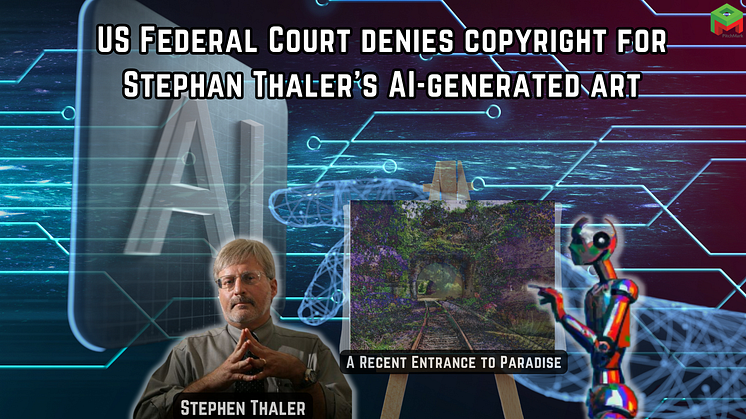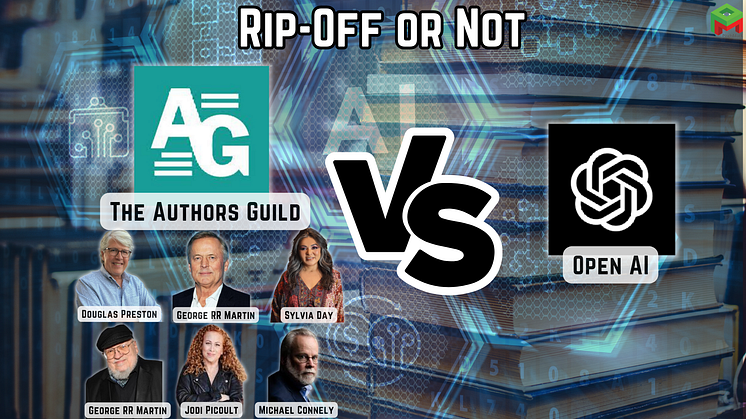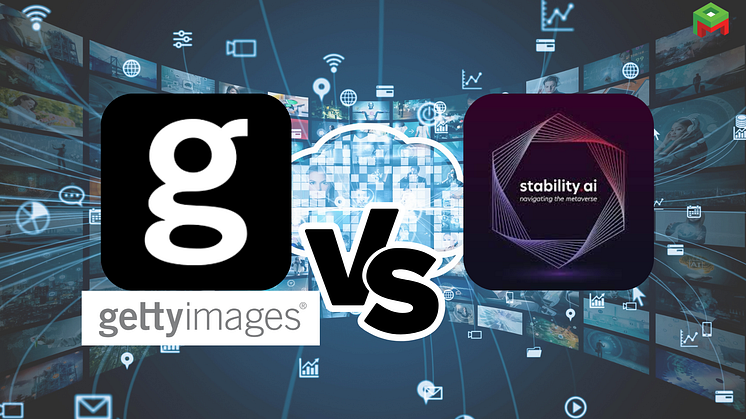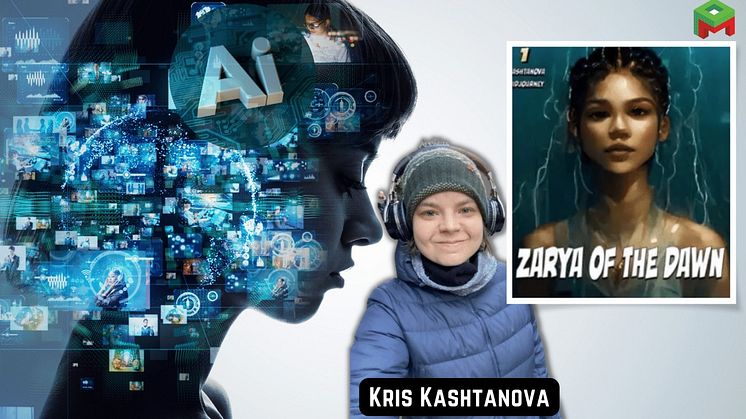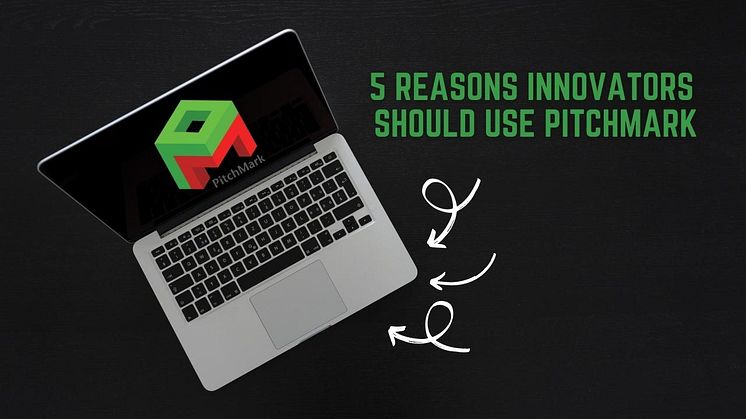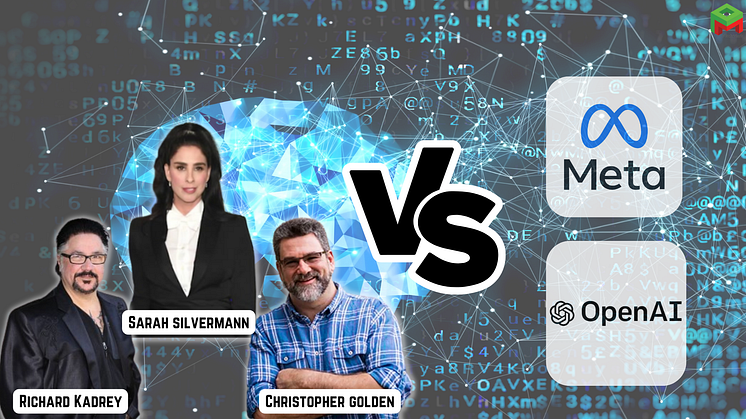
News -
Comedian Sarah Silverman and others sue Meta & OpenAI over unauthorized use of their content
Over the past few months, content producers, artists, and publishers have accused Google, OpenAI, Meta, and other AI firms such as Midjourney of utilizing their content to train their models without getting permission from or being compensated for doing so.
Last month, Comedian Sarah Silverman, along with authors Richard Kadrey and Christopher Golden, acting on behalf of unspecified other plaintiffs sued Facebook parent Meta Platforms and ChatGPT maker OpenAI in separate class-action lawsuits for allegedly using their content without permission to “train” artificial intelligence language models, specifically chatbots.
In the copyright infringement lawsuits, the plaintiffs argue that generative artificial intelligence models like ChatGPT are trained to make illegal derivative versions such as their books, "The Bedwetter," “Ararat” and “Sandman Slim” among others when the models are asked to describe the works.
The lawsuits claim that OpenAI’s and Meta’s algorithms have been designed to pull copyrighted text directly from the authors’ books—as well as from unauthorized online “shadow libraries” such as Library Genesis—and then feed that text into the Large Language Models (LLMs).
According to the authors, much of the content taken from these libraries for OpenAI's and Meta’s training datasets was duplicated, fed into, and remixed by its LLMs to create user answers without the original authors' approval, credit, or remuneration.
However, the plaintiffs claim that they have never authorized the reproduction or further use of their copyrighted books as the basis for the unauthorized derivative works that they claim underpin ChatGPT and other AI business models.
As a result, they are seeking unspecified statutory damages and recovery of lost profits from OpenAI for violations under federal and state law, including direct and indirect copyright infringement, as well as unfair competition, unjust enrichment, and negligence.
The outcome of these lawsuits may have repercussions for the larger AI and IT industries and will clarify the legal restrictions and obligations of developers when using copyrighted content to train AI models.
PitchMark helps innovators deter idea theft, so that third parties that they share their idea with get the idea but don’t take it. Visit PitchMark.net and register for free as a PitchMark member today.

